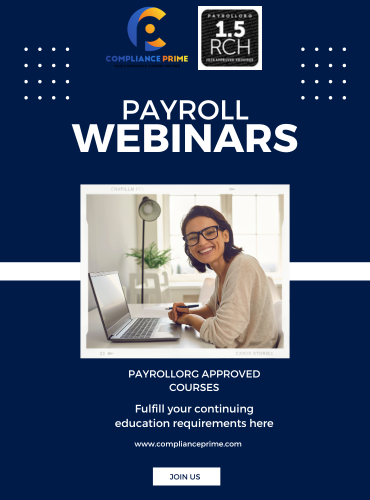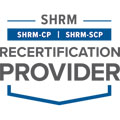

Calculating Overtime under the Fair Labor Standards Act
| Duration: 90 minutes | Speaker: Susan Fahey Desmond |
Available On-Demand
PURCHASE OPTIONS
Lawsuits under the Fair Labor Standards Act have reached an all-time high. The Department of Labor estimates that 87% of all employers are not in compliance with their obligations to pay overtime to non-exempt workers. Even employers with the best intentions find themselves violating some aspect of the Fair Labor Standards Act. In addition to misclassification issues, employers fail to recognize what time must be compensated and then how to calculate how much is owed when the employee works overtime. The use of personal digital devices and the growing popularity of telecommuting have made this task even more difficult!
The most common errors identified by the DOL are failing to pay for all hours an employee is “suffered or permitted” to work; directing staff to “get the job done” but ignoring the time it takes to complete the task; failing to pay for pre or post shift work activities; failing to properly calculate an employee’s regular rate; deducting 15 or 20 minute rest breaks from work hours; and not capturing “homework.” Is your company in compliance?
When an employer calculates overtime pay for its employees, the employer must ensure that it is complying with all of the nuances of the Fair Labor Standards Act. What is so difficult about multiplying the employee’s standard rate by 1.5? Well, have you captured all of the time worked? Have you correctly counted that standard rate? Have you considered ways to cut your overtime liability?
Learning Objectives
- How to define your workweek
- What is compensable working time?
- How to determine the regular rate of pay.
- Determining when bonuses must be in the regular rate
- How to pay employees who work at different rates
- Using salary coefficient to pay workers.
- Using 7(k) exemption to pay police and fire detail
- And much more.
Who Should Attend: Human resources managers, payroll clerks, Chief Financial Officers, compensation analysts
Susan Fahey Desmond
For more than 35 years, Susan Fahey Desmond has helped companies – hospitals, banks and credit unions, manufacturing companies, offshore oil companies, school districts, and others – minimize the cost and disruption of employment disputes. She defends wage and hour, wrongful discharge, non-compete, Family and Medical Leave (FMLA), and other claims. Clients seek her litigation counsel for age, sex, disability, race, religion, and sexual harassment discrimination lawsuits, as well as class actions. She helps employers dispute Equal Employment Opportunity Commission (EEOC) charges and other administrative complaints and navigate the administrative and judicial process. And, perhaps most importantly, she works with management and HR to resolve issues before they develop into contentious litigation.
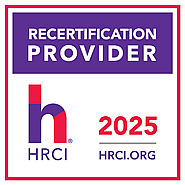
The use of this seal confirms that this activity has met HR Certification Institute’s® (HRCI®) criteria for recertification credit pre-approval.
Credits: 1.5
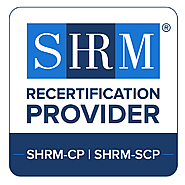
Compliance Prime is recognized by SHRM to offer Professional Development Credits (PDCs) for the SHRM-CPSM or SHRM-SCPSM. This program is valid for PDC(s) for the SHRM-CP or SHRM-SCP. For more information about certification or recertification, please visit www.shrmcertification.org
Credits: 1.5
Why You Should Subscribe?

Unlimited Live and On-Demand Courses
Watch all live or recorded webinars (up to 120 minutes long). Get instant access to a library of more than 500 high quality courses presented by best-in-class presenters.

CEUs: APA, CPE, SHRM and HRCI Credits
Fulfil your recertification requirements by earning CEUs from APA, CPE, SHRM and HRCI.

Free Access to Course Materials
Each program comes with Additional Course Materials, which you can download and read anytime.

Additional Discounts
Get flat 20% discount on Premium Product Category like, Long Hour Webinars.
Call Now At
888-527-3477
Email Us At
Similar Events

Aug 22nd 2023 @ 01:00 PM ET
Accommodations, Modifications, and You: What Exactly IS Reasonable?

Feb 08th 2022 @ 01:00 PM ET
Form W-4 for 2022
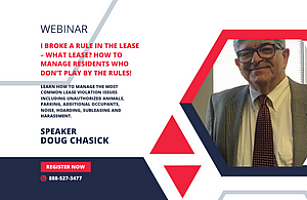
Aug 11th 2022 @ 01:00 PM ET
I Broke a Rule in the Lease – What Lease? How to Manage Residents Who Don’t Play by the Rules!
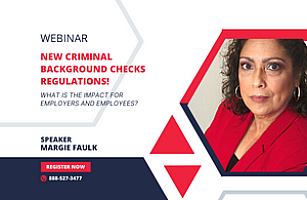
Sep 01st 2022 @ 01:00 PM ET


